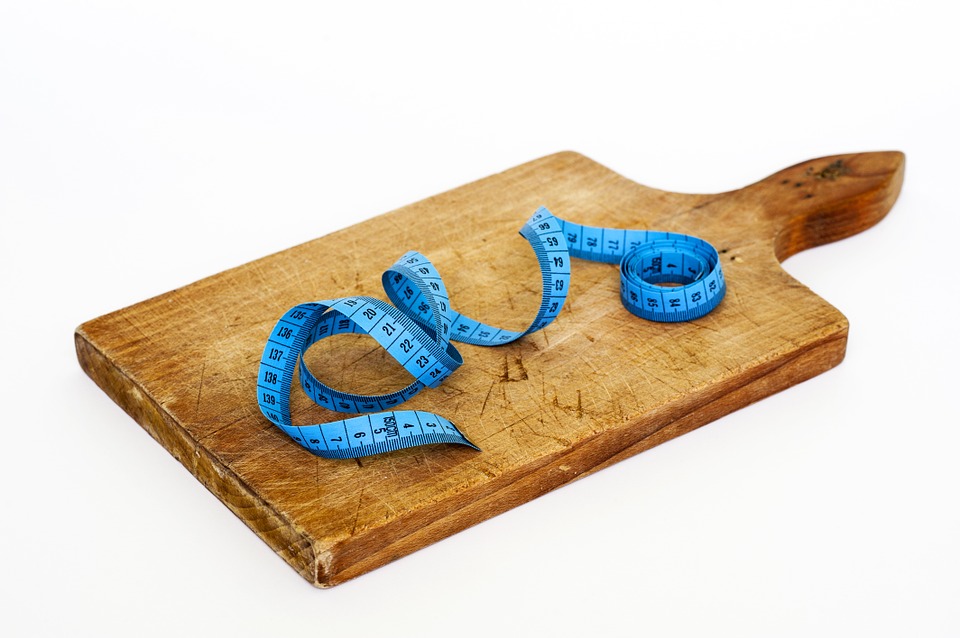Tips for the Parents of Overweight and Obese Teens
Tips for the Parents of Overweight and Obese Teens
April 29, 2016 at 2:29 PM
 Maybe you’ve noticed your son or daughter has been gaining an unusual amount of weight, maybe a friend or family member as expressed concern to you, and maybe they’ve come to you with concerns of their own, but in any case knowing what to do as the parent of an overweight teen can be confusing and scary.
Maybe you’ve noticed your son or daughter has been gaining an unusual amount of weight, maybe a friend or family member as expressed concern to you, and maybe they’ve come to you with concerns of their own, but in any case knowing what to do as the parent of an overweight teen can be confusing and scary.
Obviously as parents we all want to make sure our children are as healthy as possible, but at the same time we don’t want to instill in them insecurities or anxieties that will burden them for their entire lives.
If you’re facing such a crisis, consider these tips as you think of what’s best for your teen child, your family, and yourself.
Why Should You Be Concerned about Your Teen’s Weight?
First, it’s important to establish why your teen’s weight is a health concern in the first place. According to the Centers for Disease Control and Prevention, overweight and obese teens are much more likely to become overweight and obese adults than their normal-weight peers. This leads to an increased risk of suffering from health problems like heart disease, type 2 diabetes, high blood pressure, sleep apnea, and more. Considering how difficult many adults find it to lose long-term weight, the best solution is to nip the problem in the bud.
What to Do About an Overweight or Obese Teen
Talk to their pediatrician. Remember, this is a health issue, not an aesthetic or moral one. If you think your teenager’s weight is a problem, or possibly becoming one, schedule them a check-up with their pediatrician. Talk to the doctor afterwards and bring up the issue to see what they have to say. It may well be that your teen is perfectly healthy and that any weight gain is a normal part of the bodily changes all teens go through.
If the pediatrician agrees that there is an issue with weight gain, you can discuss with them the best way to proceed in a medically-sound and supportive way.
 Listen to your teen. Notice that we didn’t say “talk to them.” A big speech or awkward conversation is more likely to make your teen self-conscious or even insecure than to spur positive change. Definitely avoid saying words like “overweight,” “obese,” and especially pejorative words like “fat.” Feeling shamed about one’s weight has been shown in studies to actually make losing weight harder for teens and adults alike.
Listen to your teen. Notice that we didn’t say “talk to them.” A big speech or awkward conversation is more likely to make your teen self-conscious or even insecure than to spur positive change. Definitely avoid saying words like “overweight,” “obese,” and especially pejorative words like “fat.” Feeling shamed about one’s weight has been shown in studies to actually make losing weight harder for teens and adults alike.
Instead, listen to your teen – odds are if they are overweight or have been gaining weight they’re completely aware. Listen for signs of anxiety, bullying, or concern on their part. If something comes up, be supportive and offer the best advice you can. If you want to be proactive, try asking questions like, “What did you have for lunch today?” You can learn a lot about what your teen is going through this way. If you think your teen is being bullied or is developing an eating disorder, by get advice from a counselor or other professional.
Make positive changes at home. It’s impossible to control everything your teenager does throughout the day, especially if they have a job or car. But the biggest single influence on their habits and behavior will still be the home. Make changes around the house that will encourage healthy habits, like the following:
- No more soda. If you buy soda for the house, stop it. Empty calories from soda and sweetened juice drinks are maybe the #1 culprit for excess weight in both teens and adults. Flavored seltzer water can make s good replacement if the family still craves fizzy drinks.
- Encourage breakfast before school. Studies have shown that getting a good breakfast is a great way to feel full and avoid overeating throughout the day. It’s also been linked with improved concentration and learning in schoolkids. Make sure your teen has a wholesome meal before they walk out the door in the morning. And that doesn’t mean Pop-Tarts!
- Don’t keep junk food around the house. Instead, buy plenty of fruits and veggies. Cook wholesome dinners and eat as a family. Anything you can do to encourage healthy eating is a step in the right direction.
 Encourage exercise. Along with a healthy diet, getting plenty of exercise is the next most important way to ensure good health in teens (and adults). Find out what sports or activities your teen enjoys, and offer to sign them up for classes or a junior league. Start planning regular family activities like walks, bike rides, even dancing in the living room. Anything to get your teen away from electronic screens and moving is a great way to make sure they’re keeping healthy.
Encourage exercise. Along with a healthy diet, getting plenty of exercise is the next most important way to ensure good health in teens (and adults). Find out what sports or activities your teen enjoys, and offer to sign them up for classes or a junior league. Start planning regular family activities like walks, bike rides, even dancing in the living room. Anything to get your teen away from electronic screens and moving is a great way to make sure they’re keeping healthy.
Remember, it’s not about you. Parents are only human, and it’s easy to see your teen’s weight as a reflection of your parenting rather than something affecting them. This is the wrong way to think of things, and it encourages anger and shaming rather than constructive support.
Remember, shame and anxiety won’t help your teenager develop healthy habits. It will only make them feel bad and have a harder time gaining the confidence that a truly healthy lifestyle requires.
Get professional help if you need it. If you feel like you’ve tried everything, but your teenager’s weight is still a problem, consider getting help from a trained teen weight loss professional. The team at Medical Weight Loss Solutions in Wallingford, CT offers a teen weight loss program that’s focused on diet, exercise, and positive body image. You can get in touch by calling (203) 269-8000 or use this online form to learn more.


